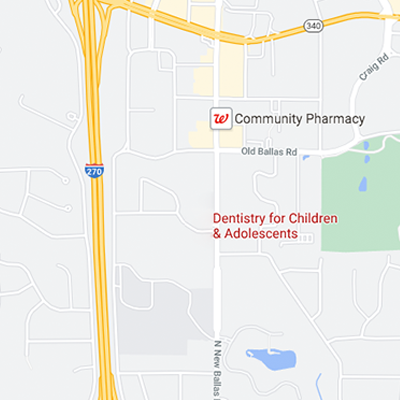Many children lisp, and whether you find it to be a cute trait or one that is cause for concern, you need to know what is the root of the issue. If your child is almost ready to enter pre-school, this issue can prove more problematic. So here you are, and you need to know—is my child's lisp a dental issue?

4 Common Lisp Types
Lisping can be caused by a variety of reasons, but there are four common types of lisping that must first be identified.
When the tongue habitually protrudes between the upper and lower front teeth, replacing the ‘s’ and ‘z’ sounds with the ‘th’ sound, is known as an interdental or frontal lisp.
When the tongue pushes against the front teeth when producing the ‘s’ or ‘z’ sound, it is known as a dentalized lisp.
Both these types of lisps are considered normal for speech development in toddlers up to four years-old. Some experts go as far to say seven years-old is normal for a child to have a lisp.
A lateral lisp is where air flows around the tongue when a child produces the ‘s’ or ‘z’ sounds, and a palatal lisp occurs when a child touches the roof of the mouth when producing those sounds. These two aren’t nearly as common as the former two, but deserve to be noted because of their differences.
Dental Professional Opinion Time!
What are the causes of these lisps? Tongue thrusting, thumb sucking, overly excessive pacifier use and bottle feeding can intensify the severity of your child’s lisp. A pediatrician can help determine if malocclusion from any of the prior listed habits are the source of the problem.
Additionally, they can check for things like allergies, nasal obstructions and enlarged tonsils which may contribute to the issue.
Sometimes, a speech-language pathologist can help if no specific cause can be found.
The Most Important Part
In any instance, being an encouraging factor in your child’s life will help immensely while you both continue to work through the issue. Reminding your child that it is not a defining characteristic of themselves and merely a problem to work through will be critical to their overall development as a person. And having a pediatrician and pediatric dentist on your side that will do the same through the process will help all that much more!



